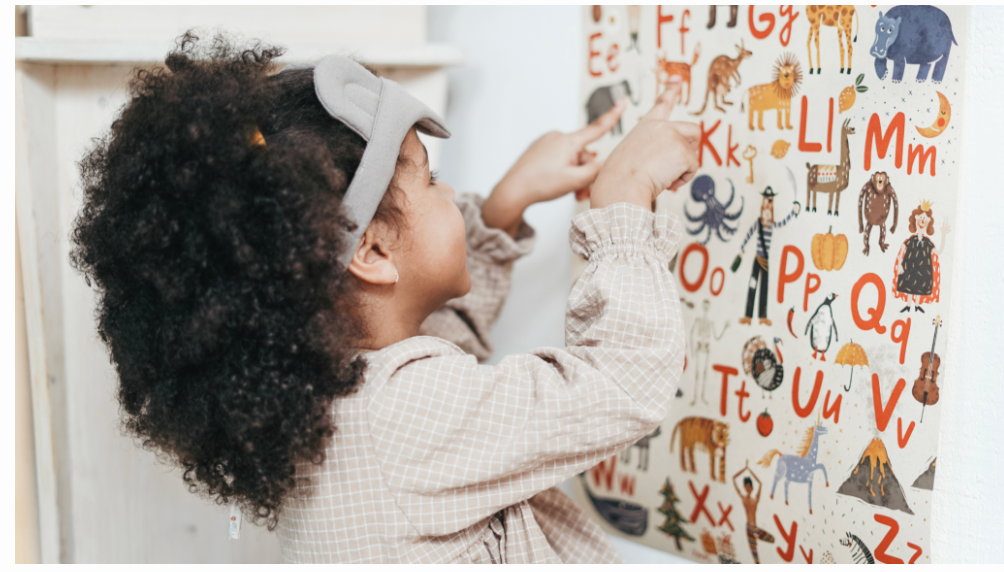
Fun Alphabet Activities for Kindergarten: Creative Ways to Teach Letters
Share

For many children, learning the alphabet is a smooth and enjoyable journey. They quickly grasp the shapes, sounds, and names of the letters. However, for others, the path to mastering the alphabet is not as straightforward. Unlike talking, which often comes naturally through imitation and social interaction, reading and recognizing letters require explicit teaching. It also requires ample opportunities to practice. This can make alphabet learning a challenging task for some young learners.
The Challenge of Learning the Alphabet
Children's experiences with learning the alphabet can vary widely. Some may struggle with remembering the shapes and sounds of different letters, while others might find it difficult to understand how letters combine to form words. This can lead to frustration and a lack of confidence. This feeling often causes children to avoid reading and writing activities altogether.
Give These Mnemonic Strategies a Try!
Mnemonic strategies can play a crucial role in helping children make sense of letters, their shapes, formation, and sound structure. These strategies use visual, auditory, and kinesthetic techniques to create memorable associations with each letter. Here are some effective mnemonic activities that can turn alphabet learning into an engaging and successful experience.
Alphabet Songs and Rhymes
Songs and rhymes are powerful mnemonic tools that make learning fun and memorable. Classic songs like the "Alphabet Song" or rhymes that incorporate letter sounds and names can help children remember the sequence and sounds of letters. Create a daily routine where children sing these songs, incorporating hand movements or dances to enhance memory through physical activity.
Sensory Letter Tracing



Interactive Alphabet Games


Using mnemonic strategies not only helps children remember the letters of the alphabet but also builds their confidence. When children find learning enjoyable and can recall information more easily, they are more likely to stay motivated.
Keep in mind that, the goal is to create a supportive and fun environment where every child can succeed in their literacy journey.
TP
Disclosure: Some links in this post are affiliate links. If you make a purchase through them, I may earn a small commission at no extra cost to you.



